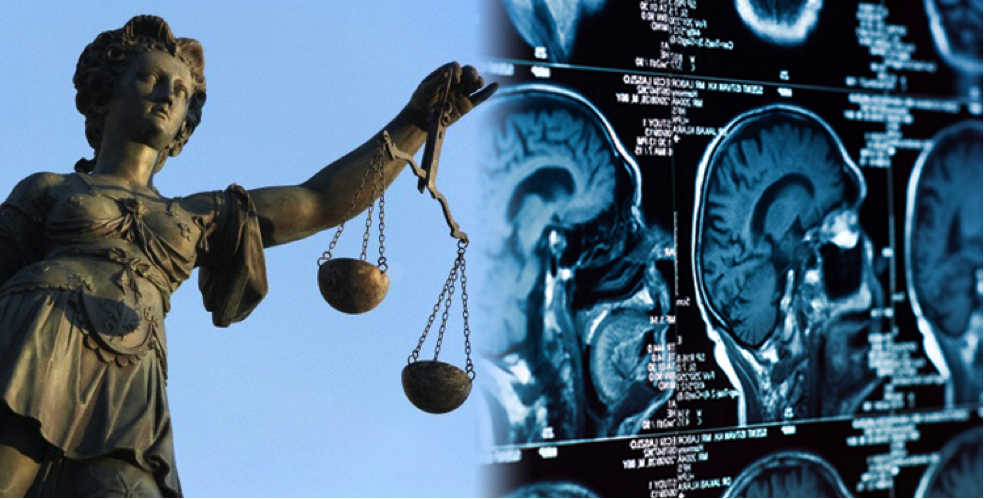
By Christina M. Kim In 2012, Harvard University discovered an online “scouting report” in which male soccer players ranked female players by attractiveness and suspected sexual preferences. Freshmen women players, some as young as 17, were evaluated based on their looks and sex appeal with numerical scores and offensive descriptions. The report assigned each woman








